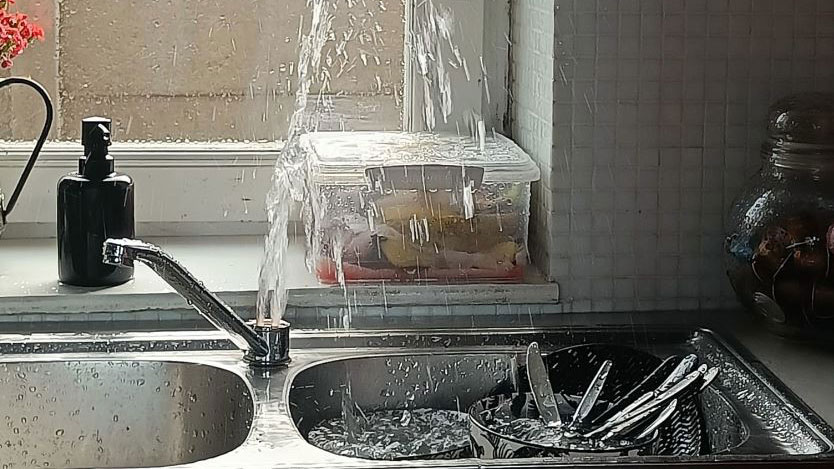When purchasing a kitchen faucet, you naturally want it to last a long time and function properly. However, it can happen that the faucet does not work correctly, starts leaking, or develops defects over time. In such cases, you may be entitled to a warranty. In this blog, we explain what types of warranties exist for kitchen faucets and what your rights are as a consumer.
A warranty is a form of protection you receive when purchasing a product, such as a kitchen faucet. It may give you the right to repair, replacement, or refund if the faucet does not function properly. There are different types of warranties you should know about: the legal warranty and the manufacturer's warranty.

In Romania, you always have the right to a legal warranty when buying a kitchen faucet. This means that the faucet must meet reasonable expectations for such a product. For example, a kitchen faucet must allow water to flow properly, must not leak, and should be easy to use.
The duration of the legal warranty depends on the quality and type of faucet purchased. There is no fixed term, but you can expect a quality faucet to last several years without issues if properly maintained. If the faucet breaks shortly after purchase or presents a defect that is not your fault (before installing the faucet, the water pipes must be thoroughly flushed to prevent dirt from entering the faucet), you are entitled to free repair, replacement, or refund.
Example of Legal Warranty:
If you purchased a high-quality kitchen faucet and it starts leaking within two years (with proper maintenance; descaling twice a year), you may be entitled to repair or replacement, even if the manufacturer's warranty has expired. This is your legal right.
In addition to the legal warranty, faucet manufacturers often offer an additional warranty. This is valid for a specific period, for example, two or five years, depending on the manufacturer. During this period, the manufacturer promises to repair or replace the product if issues arise due to manufacturing or material defects.
Manufacturer warranties usually cover specific defects, such as faulty parts, but may exclude certain types of damage, such as those caused by misuse or normal wear and tear. It is important to always read the manufacturer's warranty terms carefully to know exactly what is and isn’t covered.
Example of Manufacturer's Warranty:
A manufacturer offers a five-year warranty on the faucet. If the ceramic discs break during this period due to a production error, the internal mechanism will be replaced free of charge. However, if the mechanism is worn out or poorly maintained, you will bear the cost of the new parts.
If you notice that your faucet is no longer functioning properly, it’s important to know what steps to follow to make a warranty claim:
Always keep your proof of purchase: It’s essential to keep the invoice or receipt, as you’ll need it to exercise your rights.
Contact the seller first: The seller is your first point of contact for warranty claims, both for the legal warranty and the manufacturer's warranty.
Check the warranty period: Verify if the manufacturer's warranty is still valid. If not, you can still rely on the legal warranty, provided the defect isn’t due to wear or misuse.
Read the terms and conditions: Always review the warranty terms to understand exactly what is covered.
With kitchen faucets, certain issues may occur more frequently, and the warranty may cover these situations:
Leaks: If the faucet starts leaking shortly after installation without improper use, this is usually covered by the warranty.
Loose handle or knob: This may indicate a manufacturing defect and is generally covered by the manufacturer's warranty.
Limescale deposits: Limescale caused by hard water is considered normal wear and is not covered. Regular maintenance helps prevent this issue.
When purchasing a kitchen faucet, you benefit from various forms of warranty as a consumer. The legal warranty protects your basic rights, while the manufacturer’s warranty offers additional security for a set period. Sometimes, you may also benefit from an additional warranty offered by the seller.
It is always recommended to keep your proof of purchase and carefully read the warranty conditions so that you know exactly what you are entitled to. This way, you can enjoy your kitchen without worries, knowing that your faucet functions as expected!









